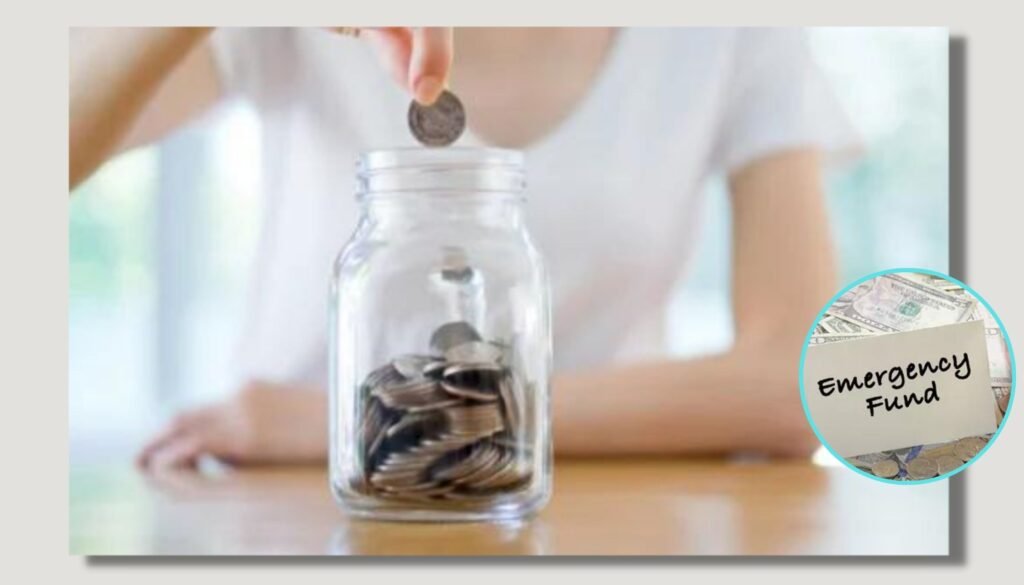Considering the soaring costs of everyday essentials and luxury goods in this day and age, saving money to tackle financial obligations is essential. Moreover, you never know when a war, an economic crisis, inflation, or job loss will burden you financially. FD investment is one of the best options for everyone.
Hence, saving a part of your monthly income in a high-return financial instrument is a must if you want to tackle emergencies better while maintaining your current lifestyle.
This article discusses the safest and the most reliable investment instrument for creating an emergency corpus.
FD Investment – Your Key To Emergency Fund
Fixed deposit is perhaps the world’s oldest investment instrument. It has been there for centuries, and its popularity has consistently increased.
FD, or fixed deposit, is one of the safest and most popular investment instruments available in India. Despite the availability of various investment instruments, such as mutual funds, shares, PPF, MIS, and the like, FD investment has never lost its sheen.
This type of investment is not prone to market fluctuations. So, the returns you get are stable and secure. Since you know the returns beforehand, you can stay assured about tackling any financial emergency.
Which Factors Should You Consider When Choosing A Fixed Deposit?
While it’s true that FD investment is the best for creating an emergency corpus, not all fixed deposit schemes are designed similarly. The following are the factors you must consider to find the best fixed deposit:
Current Rate Of Interest On Fixed Deposit
Knowing the current rate of interest on fixed deposits is a must when you want to create an emergency corpus. The interest rate determines the amount you will get on maturity.
Housing finance companies generally provide the best interest rates. For instance, while the maximum FD rate in public and private banks is around 6%, some housing finance companies offer up to 6.95% interest on FD investment.
Account Type
Besides the current rate of interest on fixed deposits, you must also choose the account type.
The account type may be cumulative or non-cumulative.
A cumulative account is the best for creating an emergency corpus. Cumulative fixed deposits return you the principal and interest on maturity. In contrast, non-cumulative fixed deposits return a part of your investment amount monthly, quarterly, half-yearly, or annually.
Investment Amount
Since the current rate of interest on fixed deposit depends on the investment amount, the higher you invest, the more you earn.
If you want to invest in a corporate fixed deposit, be ready to put a minimum of INR 10,000, as housing finance FDs allow FD investment of INR 10,000 or above. However, for some specific schemes, the minimum investment amount is INR 25,000.
It is better to visit the financial institution’s website to get a clearer picture before investing.
Documents Required
When you make an FD investment for an emergency corpus, the financial institution will ask for some documents. The documents you must keep with you include the PAN card, Aadhar card, and cheque.
Some housing finance companies offer doorstep service facilities. You can place your request on their website, and they will send an officer to your registered address. The officer will help you fill out the application form and verify the documents, besides collecting the cheque mentioning the investment amount.
Conclusion
It is imperative to save a part of your monthly income to create an emergency corpus. And, when it comes to investing money in a safe and secure place, nothing matches the reputation of fixed deposit investment.
Check the current interest rate on fixed deposits offered by various financial institutions to select the best and say bye-bye to your financial worries.
